 The nature of things has stamped upon corn a real value, which cannot be altered by merely altering its money price. No bounty upon exportation, no monopoly of the home market, can raise that value. The freest competition cannot lower it. The nature of things has stamped upon corn a real value, which cannot be altered by merely altering its money price. No bounty upon exportation, no monopoly of the home market, can raise that value. The freest competition cannot lower it.  An essay on the external corn trade - Page 66by Robert Torrens - 1826 - 416 pagesFull view An essay on the external corn trade - Page 66by Robert Torrens - 1826 - 416 pagesFull view - About this book
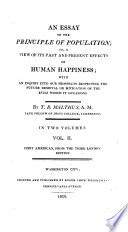 | Thomas Robert Malthus - Malthusianism - 1809 - 570 pages
...is impossible to suppose that more capital would not be employed upon the land. When Dr. Smith says, that the nature of things has stamped upon corn a real value, which cannot be altered by merely altering the money price ; and that no bounty upon exportation, no monopoly... | |
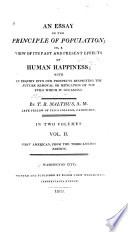 | Thomas Robert Malthus - 1809 - 566 pages
...is impossible to suppose that more capital would not be employed upon the land. When Dr. Smith says, that the nature of things has stamped upon corn a real value, which cannot be altered by merely altering the money price ; and that no bounty upon exportation, no monopoly... | |
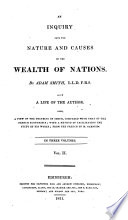 | Adam Smith - Economics - 1811 - 538 pages
...growth of corn, because you do not enable them to maintain and employ more labourers in raising it. The nature of things has stamped upon corn a real value, which cannot be altered by merely altering its money price. No bounty upon exportation, no monopoly of the... | |
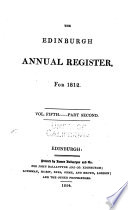 | Walter Scott - Europe - 1814 - 542 pages
...growth of corn, because you do not enable them to maintain and employ more labourers in raising it. The nature of things has stamped upon corn a real value, which cannot be altered by merely altering its money price. No bounty upon exportation, no monopoly of the... | |
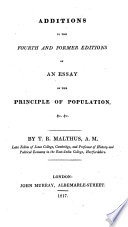 | Thomas Robert Malthus - Business & Economics - 1817 - 338 pages
...impossible to suppose that more capital would not be employed upon the 'land-. > • When Adam Smith says that the nature of things has stamped upon corn a real value, which cannot be altered by merely altering the money price, and that nobounty upon exportation, no monopoly... | |
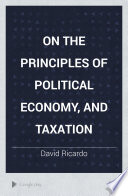 | David Ricardo - Economics - 1821 - 566 pages
...increase the real wealth of our farmers or country gentlemen, you do not encourage the growth of corn. The nature of things has stamped upon corn a real value, • which cannot be altered by merely altering its money price. Through the world in general, that value is equal... | |
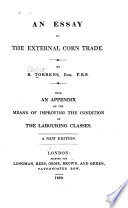 | Robert Torrens - Corn laws (Great Britain). - 1829 - 516 pages
...order to keep the supply level with the demand ^ 5. — Erroneous Views of Dr. Smith respecting tJie Value of Corn, Adam Smith has said*, that the nature...the cost of producing corn may increase or diminish, withoutoccasioning a proportional increase or diminution in the cost of producing other things, a given... | |
 | Scotland - 1830 - 1016 pages
...employ them in one trade, they will employ themselves more profitably in some other. * Smith says, " the nature of things has stamped upon corn a real value, which cannot be altered by merely altering hs money price. No bounty upon exportation, no monopoly of the... | |
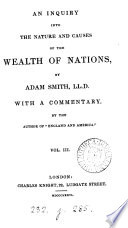 | Adam Smith - 1836 - 538 pages
...growth of corn, because you do not enable them to maintain and employ more labourers in raising it. The nature of things has stamped upon corn a real value which cannot be altered by merely altering its money price. No bounty upon exportation, no monopoly of the... | |
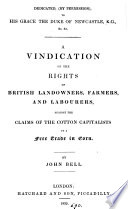 | John Bell (protectionist writer.) - Corn laws (Great Britain) - 1839 - 346 pages
...! I learn from Colonel Torrens, " that Adam Smith is fundamentally wrong in stating , that corn has a real value which is always equal to the quantity of labour which it can maintain." 67 Perhaps Colonel Torrens harmonizes with the French economists. Far from it. He says, " that the... | |
| |